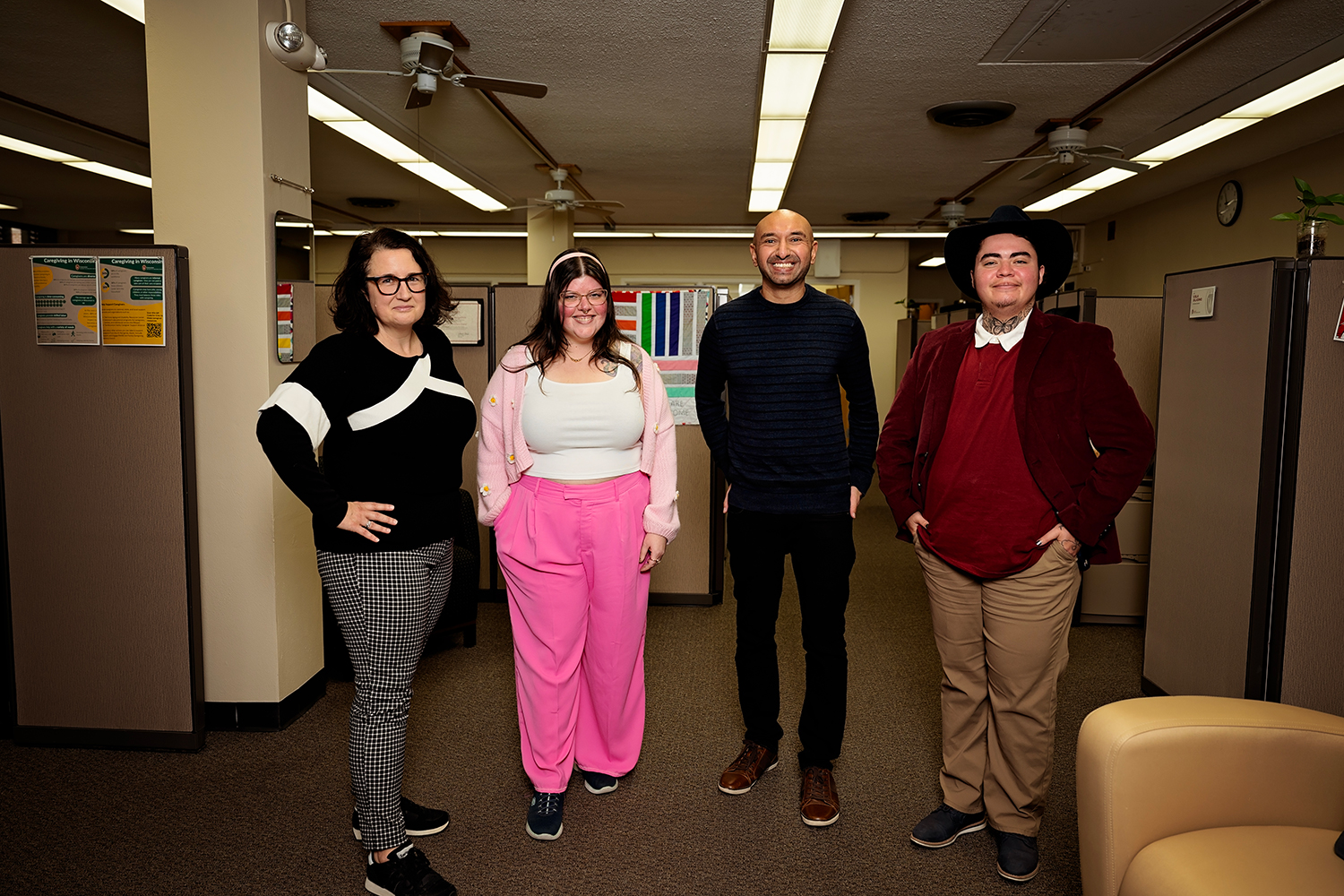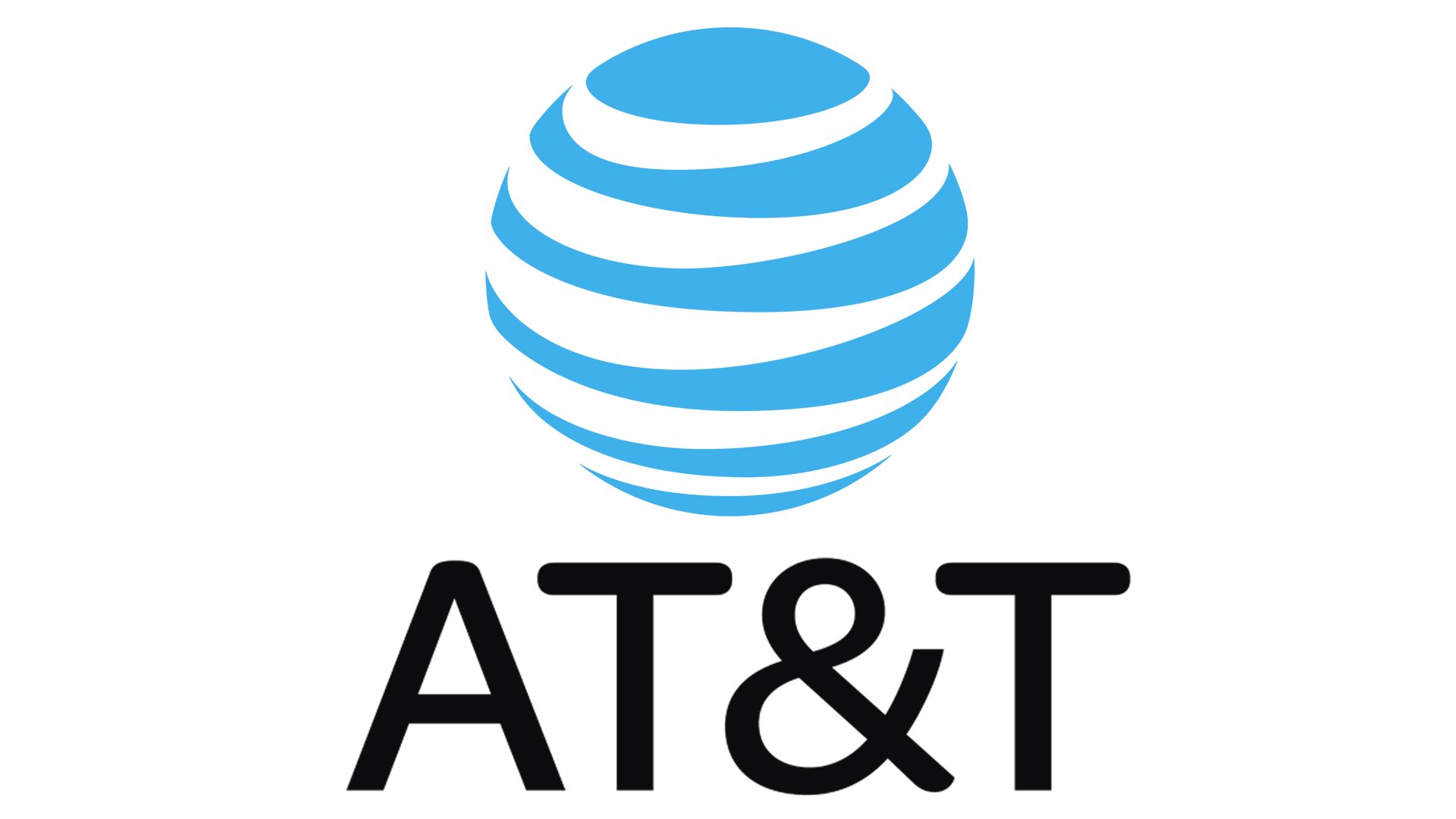More than 20 years ago, Meg Gaines, a criminal justice attorney and lesbian, suffered from ovarian cancer. She found her skills as an attorney useful for navigating the insurance challenges of her diagnosis, and wanted to offer those skills to others with similar needs. The Center for Patient Partnership [CPP] was founded as a clinic within the UW-Madison Law School to educate graduate students through service learning. For example, they helped cancer patients with much-needed health advocacy. The group was rooted in the legal principle that everybody deserves due process and representation. Soon, the Center’s publicity soared. In 2005, Gaines was featured in the New York Times and other publications, focusing on her groundbreaking new project. The Center seemed poised to help break through the notoriously complex legal-health system in the United States.
In part, the center’s activities revolved around insurance appeals, a process necessary for appropriate health care in a system that limits health services for millions of people. CPP connects the classroom to the community, and online, providing a unique opportunity for service learning in health advocacy at UW. They directly help people in need of advocacy within the notoriously complicated U.S. health care system, and then share those stories to advocate for change. Sarah says the program hopes to educate future leaders in insurance and the medical field to make better decisions regarding their health contracts.
With rainbows pinned to the gray cloth walls, a large table at the center of the room, the Center within the UW Extension building is a vibrant and welcoming space. Sarah Davis, the current director of CPP, and a member of the LGBTQ+ community herself, is hopeful for the future. She hopes to use the Center’s advocacy experience to advocate for systemic change. Like a good portion of the Center’s activities, a dedicated LGBTQ Health Justice Coordinator position will be funded by so-called “soft money,” or funding not obtained directly through the department nor the university. Toward this goal, Sarah says they had a great start for fundraising the new program at Delta Beer Lab, a queer-owned brewery, over the summer. Still, they are short of their funding goals and could use some help to achieve them. Sarah feels the inspiration of queer health advocacy of the past—particularly the organizing of the community to help one another and advocate for better health options during the AIDS crisis in the 1980s, with groups like ACT UP. She hopes her work and the work of the Center continues in that legacy. Patients come for help in difficult times of their lives, and the ability for the advocates to hear them out and support them socially is invaluable for building trust when dealing with serious health difficulties.
Partnership Processes and Changing Patient Needs
The Center for Patient Partnerships has a standard process for building those partnerships. Once a person in need contacts CPP, somebody there will reach out by phone within three days to learn about the patient’s needs and listen to their experiences and difficulties obtaining necessary health care. From there, the patients are informed about the program and its goals to educate the next generation of professionals through these freely available health advocacy options. Most of the patients appreciate having this resource available for free in their time of need.
The Center uses those experiences with patients to drive feedback and improve future advocacy partnerships. Those direct advocacy experiences are then put to work to help advocate for systemic solutions to health care problems. Like all service learning, there is a balance between the needs of participating graduate students to learn from their experience, as well as the needs of the patients from the community to benefit from CPP’s advocacy. The partnership between the university and the community forms the heart of CPP’s work.
The needs of patients have changed dramatically over the years. While some patients are provided additional support resources, others are left without those resources. Recent struggles include the Medicaid rollover this year that will cause countless people to lose health care in the aftermath of the ongoing COVID-19 pandemic. Rural areas also face challenges since medical facilities tend to be located in cities or other heavily populated areas. This geographic disparity leaves much of rural areas without access to life-saving health options, and important advocacy help. The advocates and their supervisors can’t do it all, and they cannot help everyone. Waitlists and different advocacy approaches are used to ameliorate this overwhelming need. The Center does give options to help folks advocate for themselves within the sometimes Kafkaesque health care contracts. Through these processes, graduate students become familiar with members of the community at large and gain crucial insight into the disparity in legal-medical work and the deep value of advocacy. CPP has experience working with insurance and health providers and understands how to communicate medical necessity to them. Sometimes these arguments can be dehumanizing, or they do not work; but other times they do, and their processes are always improving. Empathy and listening are at the core of what CPP practices and teaches.
Student Experiences in Service Learning
One student, Patrick Miller, spent 2022–2023 with CPP providing a diverse array of health advocacy, community support, and insurance appeals. Patrick helped various folks with gender-affirming care and is part of the LGBTQ+ community. Sometimes, the clients felt trepidation in trusting a stranger with their health care, especially if they had had bad experiences with healthcare in the past. Much of the insurance appeals for trans folks comes down to properly communicating the medical necessity of gender-affirming care. Patrick says the central theme is to elevate people, listen, and practice grace and patience. There are systemic needs, but also social needs when these clients can be in such a vulnerable place. He connected with ethics committees and providers to help get people the wide variety of care they might need. Sometimes, these clients are referred by UW Gender Services, and other times they are referred by social work groups.
Folks are passionate, and Patrick is hopeful about CPP getting more involved with the grassroots community of generally LGBTQ+ friendly Madison. He also notes the uncertainty in the current political and social atmosphere, the intense backlash to queer and trans people and efforts to politicize an individual’s health decisions. He worries politicians are trying to make decisions that should be in the hands of a child, their parent(s), and their doctors. Some of this backlash, he reckons, is plain bigotry. This is about an individual’s health care and not politics.
guy john halcón participated in CPP the summer before and during his second year of law school. He recalls helping a client navigate their insurance denial for gender-affirming care. He describes the work as “hands-on” and “active.” guy came out as trans prior to attending law school, and needed to arrange his gender-affirming care around his classes and work schedule. As he sought top surgery, he notes that the Center was extremely accommodating and flexible. He had his own hardships navigating health care with an insurance denial later on, and worked with CPP with another law student to gain support in the process. guy was relieved to be able to vent and trust the folks involved enough to be vulnerable and open in sharing his struggles with insurance. His goal is to be an advocate for his own community and help give a trans person’s input into the programming.
guy received experience with grant writing and helped explore programming early on in the process of imagining this new program. He says that the experience stuck with him, and he keeps in touch with the CPP. guy imagines a modern Wisconsin Idea that prioritizes equity, justice, and community, and sees CPP as a prime example of what the Wisconsin Idea could be.
Obstacles in Gender-Affirming Care
The new Dedicated LGBTQ+ Health Justice Program, seeks to be responsive to the community and engage in the sort of medical-legal partnership that the Center is known for. This program comes as a response to the demonstrated need in the LGBTQ+ community of Wisconsin for skilled and dedicated advocacy in law and health. Notably, the goals involve queer and trans patients sharing their lived experiences with advocates to help them develop empathy and perspective in their work. Initially, the program looks to focus on the needs of transgender, non-binary, and gender-expansive people receiving gender-affirming care in Wisconsin, with expanded goals to help the LGBTQ+ community in general. Gender-affirming care has especially notorious obstacles in advocacy, as experienced by myself and countless others in the community.
For context, I will dive into my own difficulties obtaining insurance coverage for my gender-affirming health care. A year or two ago, I was in desperate need of laser hair removal. This type of hair removal is common among trans women and trans femmes, and is a generally expensive treatment that takes multiple sessions to see results. My doctor, who has been treating me for gender dysphoria, told my insurance that this treatment was medically necessary. My insurance at the time disagreed. They told me that hair removal was never covered because it was always deemed cosmetic, and therefore not medically necessary. I then went on a demoralizing journey through countless phone calls receiving conflicting information, and no answers. They would get back to me, they would say.
Eventually, disheartened and suffering from dysphoria due to my lack of treatment, I paid for laser hair removal out of pocket with a credit card. My insurance that was supposed to take care of my medically necessary health care, instead, led me on a wild goose chase that did nothing but deprive me of that very same health care. I gave up battling with them over the phones because it seemed to be getting me nowhere, and I had a life to live, and health to take care of. Notably, I did not have an advocate to help with insurance hurdles. They wanted me to give up, Sarah tells me. They run me through the wringer with countless calls and conflicting information because they would rather not pay for my gender-affirming care if they can wiggle out of it.
A Dedicated LGBTQ+ Program
CPP has existing partnerships with UW Health Gender Services Clinic (GSC), UW-Madison’s Department of Family Medicine and Community Health (DFMCH)’s LGBTQ+ National Fellowship program, and the DFMCH Office of Community Health. Given their previous experience building university-community partnerships, GSC reached out to urge CPP to address trans health rights cases. GSC also acts as a major referrer of LGBTQ+ patients to CPP.
The Center is looking for a leader in this new program, known by the working title of LGBTQ+ Health Justice Coordinator, and the position was posted for applications in early October. This individual will be responsible for gathering community input and research-based evidence to drive the policies of the program. They will also recruit, train, and supervise students who act as advocates to partner with patients to improve their experience with health care within the LGBTQ+ community. Since this program will encompass social work, public health, gender studies, and legal and justice work, this sort of qualification and experience is required for the position. In response, CPP started a pilot program for advocacy with gender-expansive patients and insurance denials, such that about 40% of their caseload now consists of those cases. The need from our community for this sort of partnership is very clear.
Their advocacy work with LGBTQ+ patients includes both direct and systemic advocacy. Direct advocacy encompasses helping the patient with care, access, insurance options, or legal issues. While system advocacy involves advocating for improvement for LGBTQ+ patients in general, gathering policy research, and communicating with state regulators.
The Center for Patient Partnership has a history of expertise in building advocacy relationships with patients in difficult situations, and their new dedicated LGBTQ+ health justice program seeks to address a serious need in this uncertain sociopolitical climate. Having the support of an advocate can mean all the difference for folks in tough health situations trying to get a fair shake from their insurance company and health provider. CPP hopes to develop new insight into the LGBTQ+ community, in particular, as they tackle patients’ difficulties around gender-affirming care. They are building on a solid foundation of knowledge and community outreach to educate the next generation of legal, health, and social work professionals. Now, they hope to provide the LGBTQ+ community of Wisconsin the dedicated health justice coordination that we desperately need.

























0 Comments